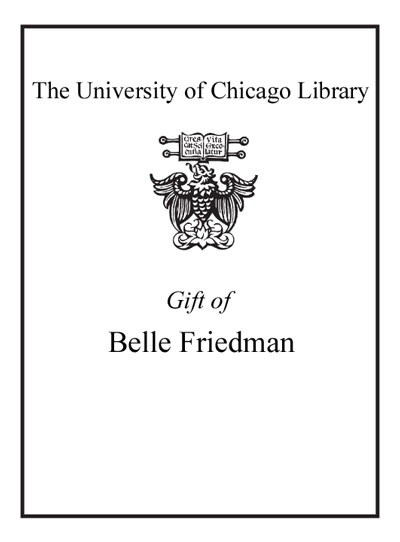Aiming at virtue in Plato /
Saved in:
| Author / Creator: | Vasiliou, Iakovos., 1966- |
|---|---|
| Imprint: | Cambridge, UK ; New York : Cambridge University Press, 2008. |
| Description: | x, 311 p. ; 24 cm. |
| Language: | English |
| Subject: | |
| Format: | Print Book |
| URL for this record: | http://pi.lib.uchicago.edu/1001/cat/bib/7537560 |
Table of Contents:
- Acknowledgements
- Introduction
- 1. Aiming and determining
- 2. Virtue, aims, and eudaimonia
- 3. Disputes about virtue and its supremacy
- 4. Socrates and Plato on virtuous actions and virtuous characters: A standard account
- 5. A brief overview of some central principles
- 6. A note on reading Plato (I): The significance of the dialogue form
- 7. A note on reading Plato (II): Doctrines and developmentalism
- 1. Socrates and the supremacy of virtue
- 1.1. Introduction
- 1.2. The supremacy of virtue in the Apology
- 1.3. Socrates and moral knowledge
- 1.4. SV and the priority of definition
- 1.5. Socrates' criticism of his fellow Athenians
- 1.6. Socratic incontinence
- 2. Determining virtue in the here and now: Socrates in the Apology and Crito
- 2.1. Ill-fitting remarks in the Apology
- 2.2. The role of Socrates' divine sign and his decision to avoid public life
- 2.3. Crito's appeal
- 2.4. Socrates' response
- 2.5. SV in the Crito
- 2.6. The Laws' starting assumptions
- 2.7. The arguments of the Laws
- 3. The supremacy of virtue in the Gorgias
- 3.1. The Gorgias and SV
- 3.2. Socrates and rhetoric in the Gorgias
- 3.3. Gorgias, Socrates, and SV
- 3.4. Polus and SV
- 3.5. Callicles and his conception of justice
- 3.6. Callicles' protreptic
- 3.7. Callicles' hedonism
- 3.8. Socrates as rhetor
- 4. Trying (and failing) to determine what virtue is
- 4.1. Two commonalities
- 4.2. The dialogues of definition and the "What is F?" question
- 4.3. Aiming and determining in the Euthyphro
- 4.4. Aiming and determining in the Protagoras and Euthydemus
- 5. Socrates and Thrasymachus: Republic I
- 5.1. Socrates, Cephalus, and Polemarchus
- 5.2. Thrasymachus' initial account of justice
- 5.3. Thrasymachus' "definitions" of justice
- 5.4. Cleitophon's recommendation
- 5.5. Aiming and determining in the "Thrasymachus episode"
- 5.6. Socrates' defense of SV in Republic 1
- 6. The benefits of injustice
- 6.1. Defining justice and the project of the Republic
- 6.2. The classification of goods
- 6.3. Understanding Glaucon's example
- 6.4. The origin of justice according to the many
- 6.5. The benefits of injustice
- 7. Early education and non-philosophers in the Republic
- 7.1. Overview
- 7.2. The significance of early education
- 7.3. A tension in the account of early education
- 7.4. Philosophers and non-philosophers in the Republic
- 8. Aiming at virtue and determining what it is
- 8.1. Just actions and the just soul in Republic 4
- 8.2. Just persons
- 8.3. The virtue of non-philosophers
- 8.4. The promise of an answer to determining questions
- 8.5. The role and significance of Books 8 and 9
- 9. Epilogue
- Bibliography
- Index locorum
- General index

